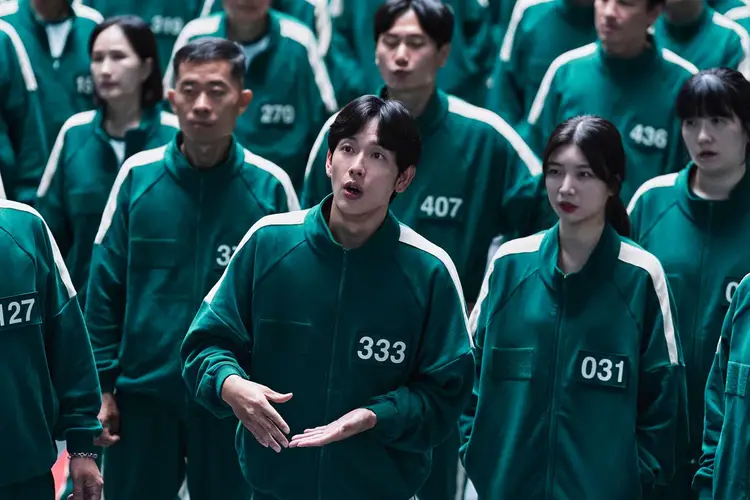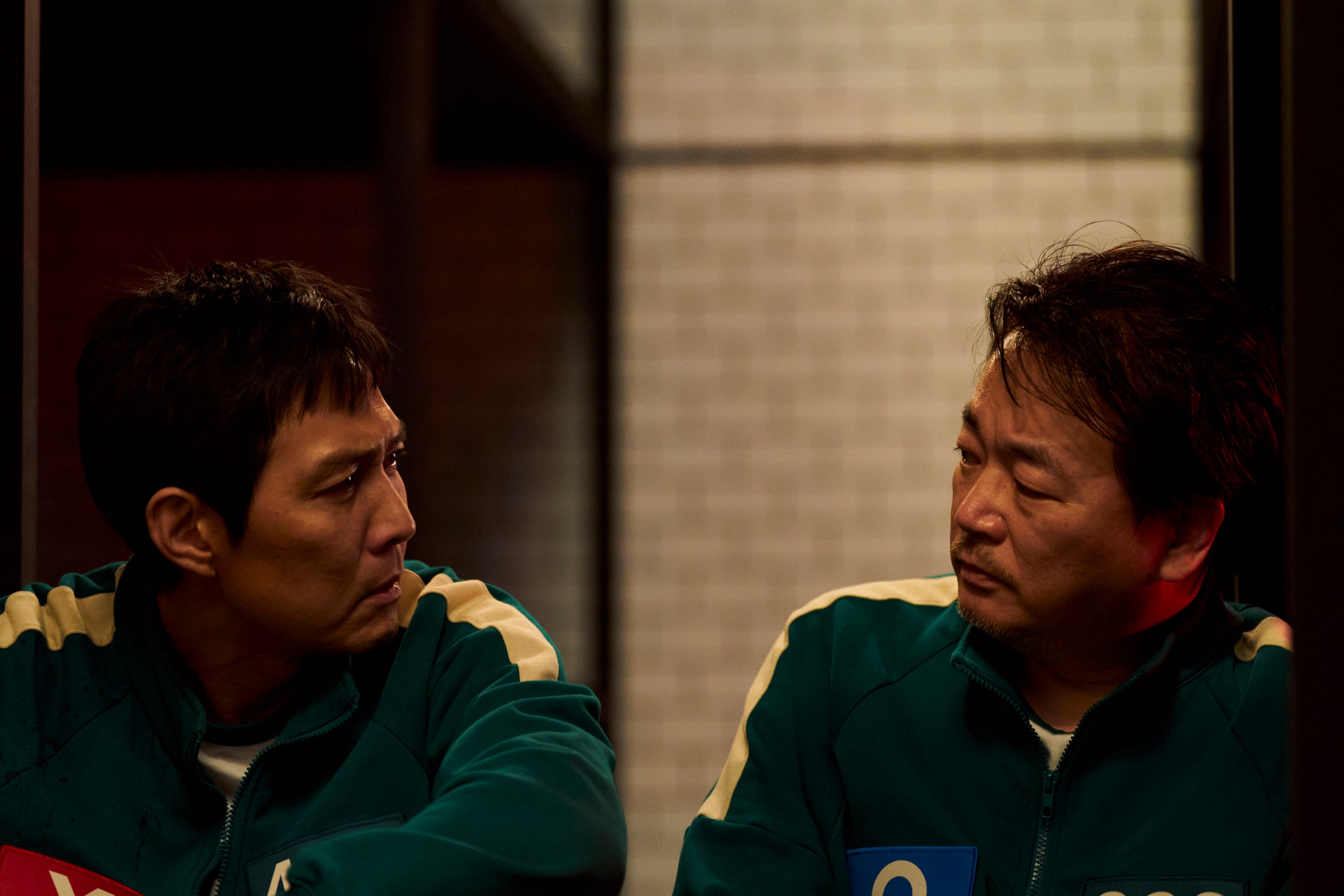Squid Game season 2 isn’t as shocking as the first – but isn’t that the point?

Subscribe For Weekly Film News From Clarisse!
Subscribe For Free: The Life Cinematic Email
Subscribe To The Life Cinematic Email For Free!
Please send me updates, offers, and event information from The Independent via email. You can view our privacy policy for more details.

When Squid Game debuted in 2021, it arrived quietly and unexpectedly, leaving a huge impact on television. Just weeks after launching on Netflix, it became the most-watched series on the platform across 90 countries. It seemed like people from all around the globe were captivated by this Korean show centered on a lethal competition where financially struggling individuals compete for a chance at immense wealth.
However, the release of this second series is taking place under quite different conditions. It's been three years since the first season—an incredibly long time in the television world—and the flood of related content, spin-off shows, and merchandise has led to some burnout among fans of Squid Game. Just last year, Netflix aired a game show inspired by the fictional competition, featuring the vibrant colors and iconic jumpsuits, but without the dark theme of actual murder.
Can Squid Game achieve the same level of success for a second time? The answer is both yes and no. The surprise of the initial series is something that can't be duplicated, and Hwang Dong Hyuk wisely avoids attempting to do so. Instead, the script explores the terrifying reality of the violence anew, particularly through the perspective of Lee Jung Jae, who reprises his Emmy-winning role. As the hesitant hero Seong Gi Hun, he is a character easy to support, embodying a blend of tired compassion and unwavering fairness.
Two years have passed since Gi Hun's victory, and in that time, he has focused all his energy—and his prize money, stored in stacks of cash on a filthy mattress—on dismantling the games and confronting the mysterious Front Man, who oversees them. This enigmatic individual is revealed to be the brother of Hwang Jun Ho, the detective who was shot last season but is, surprisingly, still alive. Early in this new series, he joins forces with Gi Hun.
It's not giving anything away to mention that Gi Hun's journey leads him back to the arena, where he encounters an impressive new cast of characters. Among them is No Eul, a North Korean defector who was forced to abandon her infant child; Gyeong Seok, a caricature artist at a theme park in dire need of funds for his daughter's cancer treatment; Myung Gi, a former YouTuber and crypto enthusiast who lost not only his own money but also that of his followers in a fraud scheme; a boastful rapper from a reality show named Thanos, who sports striking blue hair; a young girl who's pregnant but tries to conceal her bump under loose-fitting tracksuits; and a transgender ex-soldier seeking a more accepting existence in Thailand. While their backstories may feel familiar, the performances are captivating and subtly powerful.
In this second season, the show builds on the successful approach of the first by dividing the story into two main parts. One storyline follows Gi Hun as he participates in the games, while the other focuses on Detective Hwang and his team trying to locate them from the outside. The most captivating moments definitely happen within the arena, where Gi Hun is left astonished as he witnesses individuals prioritizing money over their own lives.
While the first season used shock value to create its horror, with each death hitting you hard like a sudden blow, the second season builds tension from what we, as returning viewers, already understand. Gi Hun takes center stage again as our representative, fully aware of what lies ahead but ultimately helpless to prevent it.
Importantly, the series expands its focus, giving viewers an extended glimpse into the world behind the game from the viewpoint of a guard (or soldier, as we discover they are referred to). The most chilling aspect, it appears, is Hwang's message that this entire nefarious operation is deeply rooted in humanity. The antagonists are exposed, showing that they aren't the stereotypical villains with sinister plans, but rather ordinary individuals.
Removing the shocking elements and revealing the secrets that defined the first season is a gamble, but it gives Hwang the chance to clearly present the show's strong anti-capitalist themes. Through the tired perspective of Gi Hun, Squid Game emphasizes its critical view of unjust economic systems, social classes, and the false sense of choice we often perceive. It’s particularly ironic that Hwang decided to create a second season only because the first, despite its popularity, didn’t bring him much financial gain.
Enjoy a complimentary 7-day trial of Apple TV+.
This offer is only for new subscribers. After a free trial, the cost will be £8.99 per month. The plan will automatically renew unless you decide to cancel it.
Enjoy a complimentary 7-day trial of Apple TV+.
This offer is exclusively for new subscribers. After a free trial period, the cost will be £8.99 per month. The subscription will automatically renew until you choose to cancel it.
As we progress, we encounter unexpected moments. The games vary in nature, and there are plenty of unexpected turns – let's hope that the specifics remain under wraps on (X) Twitter this weekend. However, the second season focuses less on introducing new puzzles and more on exploring familiar ones. While it doesn’t always provide clear answers, it ensures we remain engaged throughout the journey.
Now we come to the tricky topic of violence, which is abundant and can either be disturbing or thrilling, depending on your perspective. This show is designed to take something as extreme as Russian roulette and elevate the suspense even further. Although this season of Squid Game manages to expand beyond the limits of the first, it shines for many of the same reasons as its predecessor—particularly its knack for highlighting humanity's darker traits and delivering impactful moments when they matter most.



















































